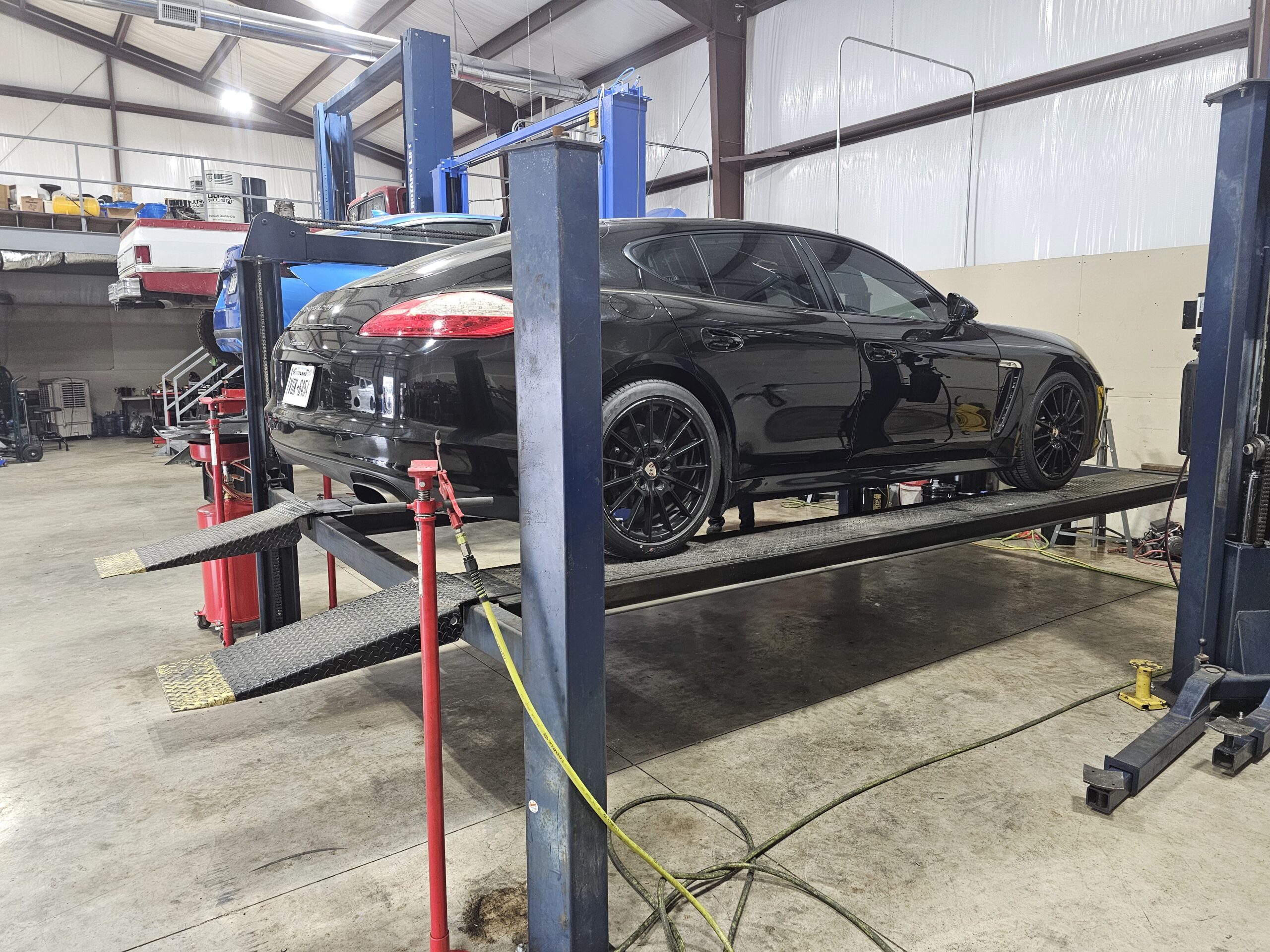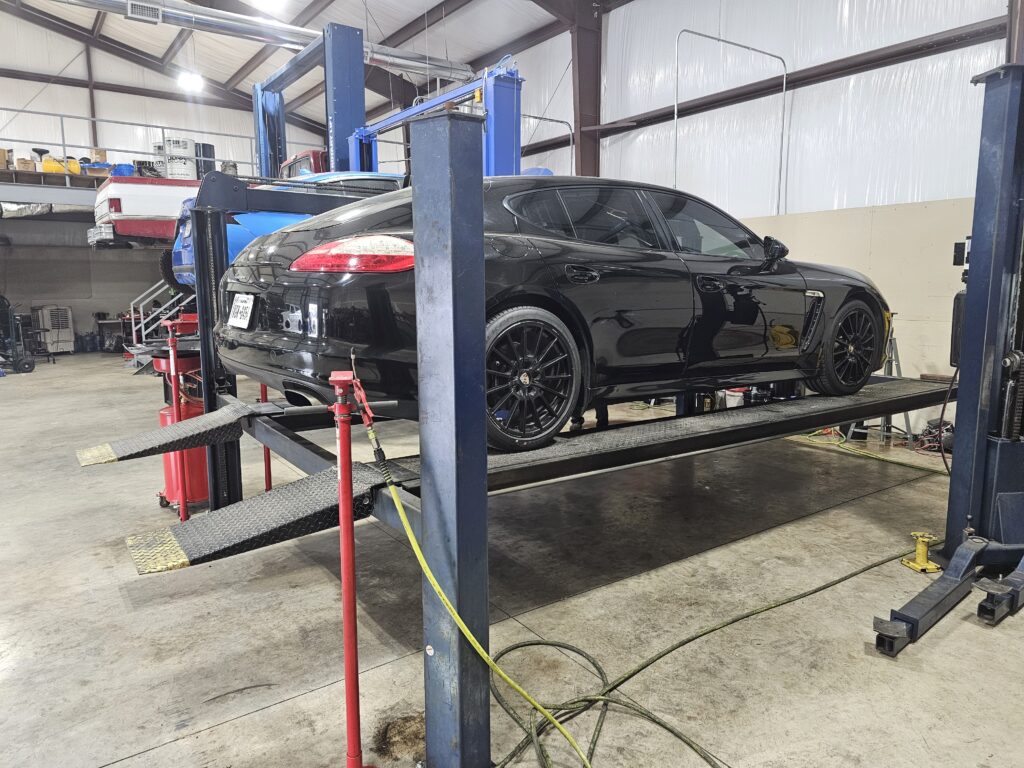- Give Us A Call (817) 386-7592
- Get Directions
-
Financing Available

If your car jerks or lurches during gear changes, it’s more than a comfort issue—it’s a warning sign. At Top Notch Transmissions in Fort Worth, we help drivers understand what’s behind these sudden movements and how to fix them before they lead to serious damage.
Shifting gears should feel smooth and consistent. When your car jerks, surges, or bucks during gear transitions—whether in an automatic or manual transmission—it’s usually a symptom of an underlying problem. Sometimes it’s as simple as low transmission fluid. Other times, it could be a failing component deep within the transmission system.
If you’re noticing these jolts more often, don’t ignore them. The earlier the issue is diagnosed, the easier and more affordable the fix.
That sudden jolt or surge you feel during a gear change means something isn’t syncing properly. Your transmission is responsible for transferring power from the engine to the wheels. When something disrupts that flow—whether it’s timing, fluid pressure, or part failure—the vehicle responds with hesitation or jerky movements.
This can happen when shifting from one gear to another, such as park to drive, or while the car is in motion—like shifting from second to third. In manual vehicles, you may feel the lurch more prominently if the clutch isn’t engaging properly. In automatics, it’s often more subtle at first but can escalate quickly.

Several issues can cause jerking or lurching during gear changes. Some are minor and easily fixed, while others require more in-depth repair.
It’s natural for any vehicle to shift a little more noticeably under certain conditions—like cold weather or steep inclines. But if the jerking becomes frequent, intense, or is accompanied by other symptoms, it’s time to have it checked out.
Watch for these red flags:
These signs typically mean your transmission is struggling—and continuing to drive without repairs can result in bigger, more expensive issues.
At Top Notch Transmissions, we take a detailed and accurate approach to every shifting issue. Our process starts with a full diagnostic scan to check for sensor errors or control module issues. Then we check fluid levels, inspect the transmission mounts, and test drive the vehicle to feel the issue firsthand.
If the problem is fluid-related, we may perform a flush and replace the filter. For mechanical issues like worn gears or torque converter problems, we’ll recommend the appropriate repair or rebuild option. In some cases, it’s an electrical issue that can be resolved quickly with a sensor replacement.
No matter the cause, we give you a clear breakdown of what’s wrong, what it will take to fix it, and what you can expect after the repair.
The jerking or lurching you feel might seem small at first, but it’s a sign that something bigger could be brewing. Addressing it now could mean a quick repair. Waiting could mean a full transmission rebuild.
At Top Notch Transmissions, we believe in solving problems early, saving you money and keeping your vehicle safe to drive. With high-quality repairs, honest service, and a team that puts your needs first, we’re the trusted choice for transmission repairs in Fort Worth.
When your car jerks or lurches while shifting, don’t wait for it to get worse. Call Top Notch Transmissions today to schedule a professional inspection and let us get your transmission running smoothly again.
